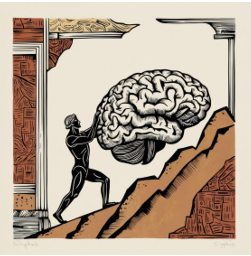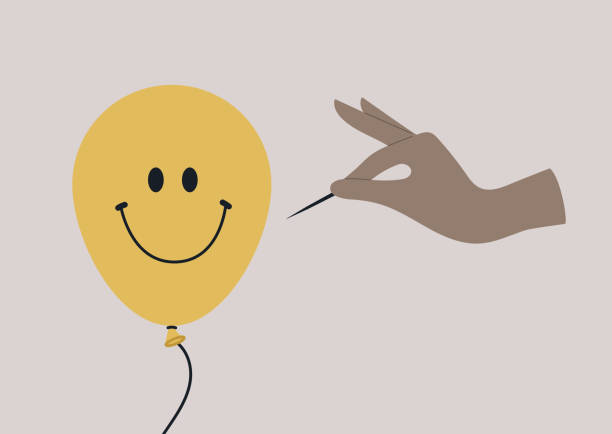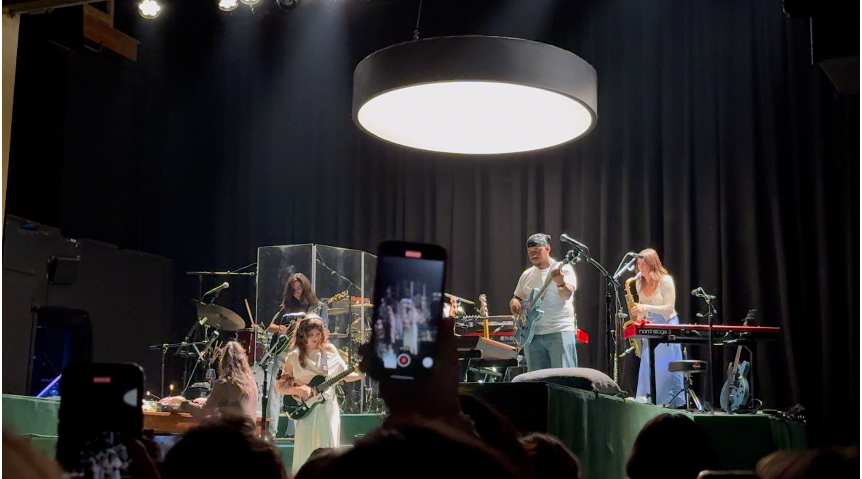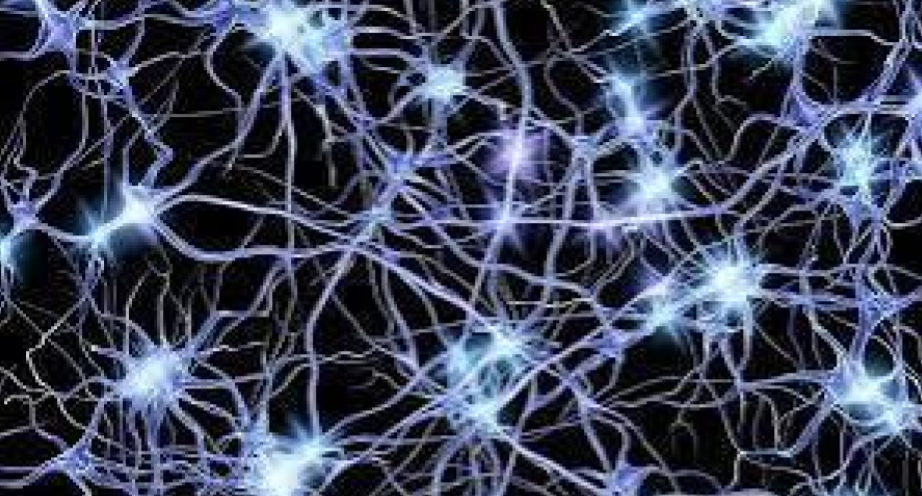Purpose: The word rings in my ear when my eyes open every morning, when I’m eating, when I’m working, when I’m doing schoolwork, when I’m playing piano, when I’m writing, when I’m reading, and when I’m with my friends. “Are my actions in alignment with a greater purpose?” I consistently ask myself, then hopelessness and doubt fill my mind when I remember that I believe my only purpose is to enjoy my life and accept my role as a piece of dust within the infiniteness of the cosmos. It seems ironic that a complete lack of pressure fills me with utter melancholy, but indeed, this paradox is dialectic and part of why I have embraced the idea that the world is absurd (the belief that human beings exist in a purposeless, chaotic universe). But still, if the world is inherently meaningless and I consequently have no inherent purpose, then what makes anything enjoyable? Why should I feel good about doing the things I “enjoy” when nothing comes to climactic fruition in the long run?
I am pleased to say that over the years, I have gotten exceedingly better at feeling content without external motivation; I can wake up in the morning and simply be happy about the fact that I am alive, I am healthy, nature is beautiful, and whatnot. Nevertheless, in every action I take, whether it’s happily getting ready for school, spending time with friends, reading a good book, etc., doubt will begin to overshadow my contentment—“This is your life: twelve years of school so far. At least 9 more to go. Countless hours of studying. All for what? A job? Money? To fit into this consumerist nightmare? We work our lives away, only to spend it all on stuff that doesn’t matter. Sure, you want to be some sort of doctor and help people, but what’s the point when suffering is inevitable?”—no matter what I do, what songs I listen to, what books I read, what food I eat, and regardless of the fact that I love learning in school and of the fact that I do want to help people and make a difference, this pessimistically nihilist part of me always belittles everything I do. I can usually silence it, but it does not go away; I cannot help but think that I am being blissfully ignorant to the truth when I ignore that voice.
I used to be deeply and myopically engrossed in all things metaphysical and philosophical, and I would be remiss not to acknowledge their ongoing influence on my thoughts and worldview. While I appreciate the futility of striving for a grand purpose, it clearly seems that I have trouble accepting the absurdity of life, because if life is fundamentally meaningless, how can we derive pleasure from our experiences? How can we feel rewarded or motivated if our actions have no ultimate significance? How can I, and countless others who feel similarly unfulfilled, escape the clutches of anhedonia? While philosophy has given me clarity on my views surrounding the meaning of life, where I have adopted the absurdist beliefs and embraced the futility of life, I found the missing piece of my puzzle in the biology of the brain, which has provided me with the scientific understanding to truly accept this absurd reality and silence the negative voice in my head.
Let’s revisit the query I pondered in the beginning, where I asked what makes anything enjoyable in an absurd world, since there is no end goal or meaning to create. By understanding how the brain works, I’ve realized that enjoying things isn’t something I consciously need to do. Instead, it’s a natural biological process that occurs without my conscious effort, and by trying to consciously argue to myself why I should or should not be experiencing a feeling, I am coming into conflict with nature. In essence, understanding my brain’s role in enjoyment helps me embrace the absurd, because while the universe may lack inherent meaning in my opinion, our brains are nonetheless wired to experience pleasure and satisfaction, providing a tangible reason to engage in activities, even if they don’t contribute to a grand, cosmic purpose.
For example…
I used to question the ultimate value of eating snacks or dessert. Now, I find comfort in knowing that these treats trigger the release of dopamine in my brain, inducing feelings of pleasure.
I used to question the ultimate purpose of working out. Now, I find comfort in knowing that exercise stimulates the release of endorphins, acting as natural painkillers and mood elevators.
I used to question the ultimate significance of spending time with friends and family. Now, I find comfort in knowing that these interactions stimulate the release of oxytocin, promoting feelings of trust, empathy, and connection.
While these biological processes, absurd as they may be, evoke fleeting emotions that are ultimately meaningless in the vastness of the cosmos, I’ve come to appreciate their absurd, transient nature without attachment. I also understand that the joy I experience is a function of my brain’s wiring, not an overcomplicated pursuit of external purpose that would bring me into conflict with the universe. And with that understanding, I feel a sense of relief: I know that my sole purpose is to enjoy life, and my brain is designed to make me happy, regardless of the world’s absurdity, so I can relax and let it do its job. I can’t help but laugh at the irony: our brains are wired to find meaning in things that, from an absurdist and cosmic perspective, have none. In the end, we’re all just lucky observers of this grand, eternal comedy. In accepting this, I accept the absurd.









